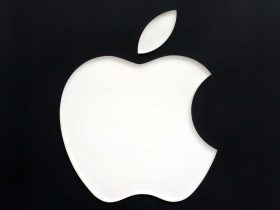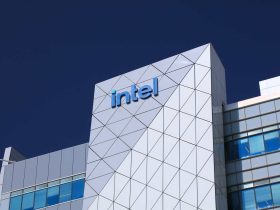JPMorgan upped the likelihood it sees for the U.S. economy entering a recession this year, the latest sign of concern around the country’s financial health following the market turbulence this week. The bank raised its probability for a U.S. or global recession to 35% by year end, chief global economist Bruce Kasman told clients in a Wednesday note. That’s up from the 25% figure shared in the bank’s midyear outlook. Meanwhile, JPMorgan kept its odds for a recessionary period by the second half of 2025 at 45%. The move comes as investors have questioned in recent days if an economic slowdown is imminent after last week’s disappointing jobs report. But traders got better news on the labor market front on Thursday, with the volume of weekly jobless claims coming in lower than economists expected. Kasman pointed to a “material positive shift” in the risk profile for U.S. inflation, catalyzed in part by easing pressure on the labor market as demand cools. He also noted wage inflation is slowing down in a way that’s unlike other developed economies. Now, he said America’s unit labor costs have “realigned to a level broadly consistent” with the Federal Reserve’s inflation target. Given this change, the economist decreased the likelihood of scenarios with higher-for-longer interest rates. While the Fed held interest rates steady at its policy meeting last week, Fed funds futures are pricing in a 100% chance of a cut at the September gathering, according to CME’s FedWatch tool. To be sure, despite raising his odds, Kasman said investors should not assume all signs point to a recession. In fact, Kasman described his increase to near-term recession risk as modest. “More fundamentally, the vulnerabilities normally associated with a recession break—sustained profit margin compression or credit market stress, and energy or financial market shocks—are notably absent,” Kasman told clients. Kasman isn’t the only one on Wall Street hiking expectations for thus outcome. Goldman Sachs raised its forecast to 25% from 15% over the weekend, but said a recession is avoidable given the Fed’s ability to decrease rates or buy bonds.
Read the full article here









Leave a Reply